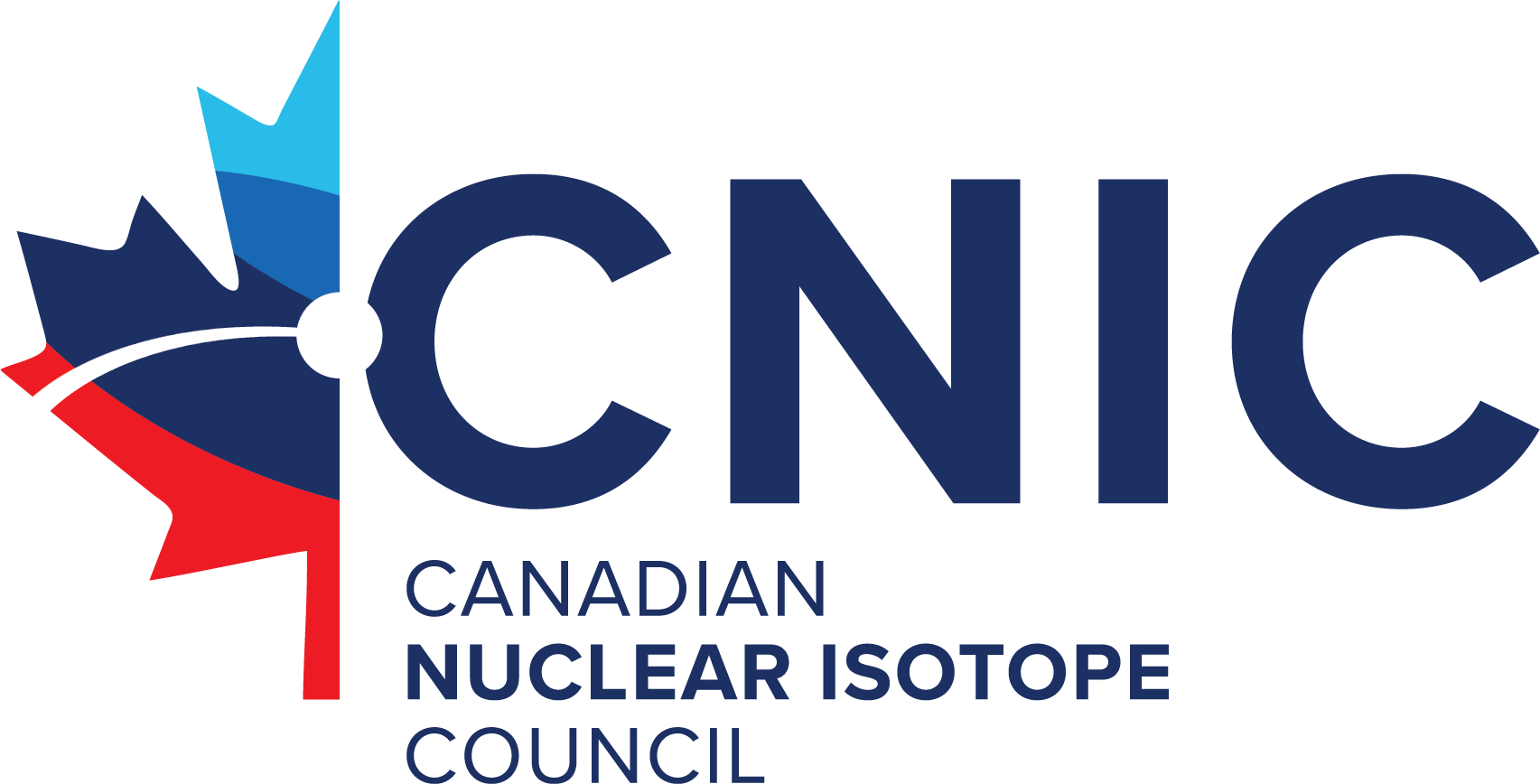Toronto, ON – June 17, 2025 – The Canadian Nuclear Isotope Council (CNIC) is pleased to welcome WWiKY BioSciences Inc., a Canadian biotechnology company developing novel precision radiopharmaceuticals, as its newest member organization.
Founded in Edmonton, Alberta, WWiKY is working to expand the frontiers of personalized nuclear medicine through a growing pipeline of imaging and therapeutic agents that selectively target treatment-resistant tumors that are the hallmark of all cancer types.
WWiKY BioSciences’ platform is built on the principle of theranostics, the pairing of diagnostic and therapeutic isotopes, to deliver precision medicine to patients. Their proprietary compound, Hypoxycin-1™, is designed to detect and treat hypoxic tumor microenvironments, a trait of many aggressive and therapy-resistant cancers. By radiolabeling Hypoxycin-1™ with isotopes such as Iodine-131 and Iodine-124, WWiKY is developing compounds that can be used for both PET and SPECT imaging and molecular radiotherapy of solid tumors, addressing a significant unmet medical need in oncology, and helping pioneer the next generation of personalized nuclear medicine.
The compound has already received Health Canada clearance for a Phase I/II clinical trial at the Cross Cancer Institute in Edmonton, marking an important milestone in the journey from lab discovery to clinical application. Another one of the innovative compounds invented by the team, FAZA (fluoroazomycin arabinoside), has proved effective for PET imaging of potential hypoxic regions of solid tumors. WWiKY’s scientific foundation stems from decades of academic research conducted at the University of Alberta, and the company continues to operate in close collaboration with leading cancer research centres across Canada.
“WWiKY BioSciences exemplifies the innovative spirit that drives Canada’s leadership in nuclear medicine. Their work in developing hypoxia-targeted radiopharmaceuticals not only addresses a critical need in cancer treatment but also strengthens our domestic isotope ecosystem,” said James Scongack, Chair of the CNIC. “By fostering such advancements, we move closer to our goal of doubling Canada’s medical isotope production by 2030, ensuring patients have access to life-saving diagnostics and therapies.”
As part of its growth, WWiKY is expanding its hypoxia-targeting platform to include radiolabeling synthons and drug delivery reagents that support a wide range of clinical and preclinical applications, from dosimetry and imaging to therapeutic development. This broader technology base positions WWiKY as a key Canadian contributor to the emerging radiotheranostics landscape, especially considering their ‘bench to bedside’ record of innovation in hypoxia imaging.
“Cancer cases are rising globally at an alarming rate, and over 40% of these patients are diagnosed with hypoxic tumors that ultimately die. Our innovations exploit hypoxia to turn this major yet unaddressed challenge into a medical therapy advantage. Our mission is to make business, science and health benefits globally accessible”, said Dr. Piyush Kumar, CEO of WWiKY Biosciences.
The CNIC welcomes WWiKY at a pivotal time, as Canada looks to build on its historical strength in nuclear medicine by enabling new technologies, companies, and public-private partnerships. The CNIC is proud to work with organizations like WWiKY that are translating research excellence into clinical innovation, solidifying Canada’s reputation as a leader in the global isotope ecosystem.
You can learn more about WWiKY on their website: https://wwiky.com/
About the Canadian Nuclear Isotope Council
The Canadian Nuclear Isotope Council (CNIC) is an independent, not-for-profit advocacy and member services organization. The CNIC supports over 100 members from across science, academia, healthcare, and nuclear-sector organizations dedicated to maintaining Canada’s position as a global leader in the production of life-saving isotopes. The CNIC raises awareness and advocates for long-term policies that support health-care innovation and will save countless lives for decades to come.
For more information, please contact:
Melody Greaves
Executive Director & Vice President, Government Relations
Canadian Nuclear Isotope Council
melody.greaves@canadianisotopes.ca
